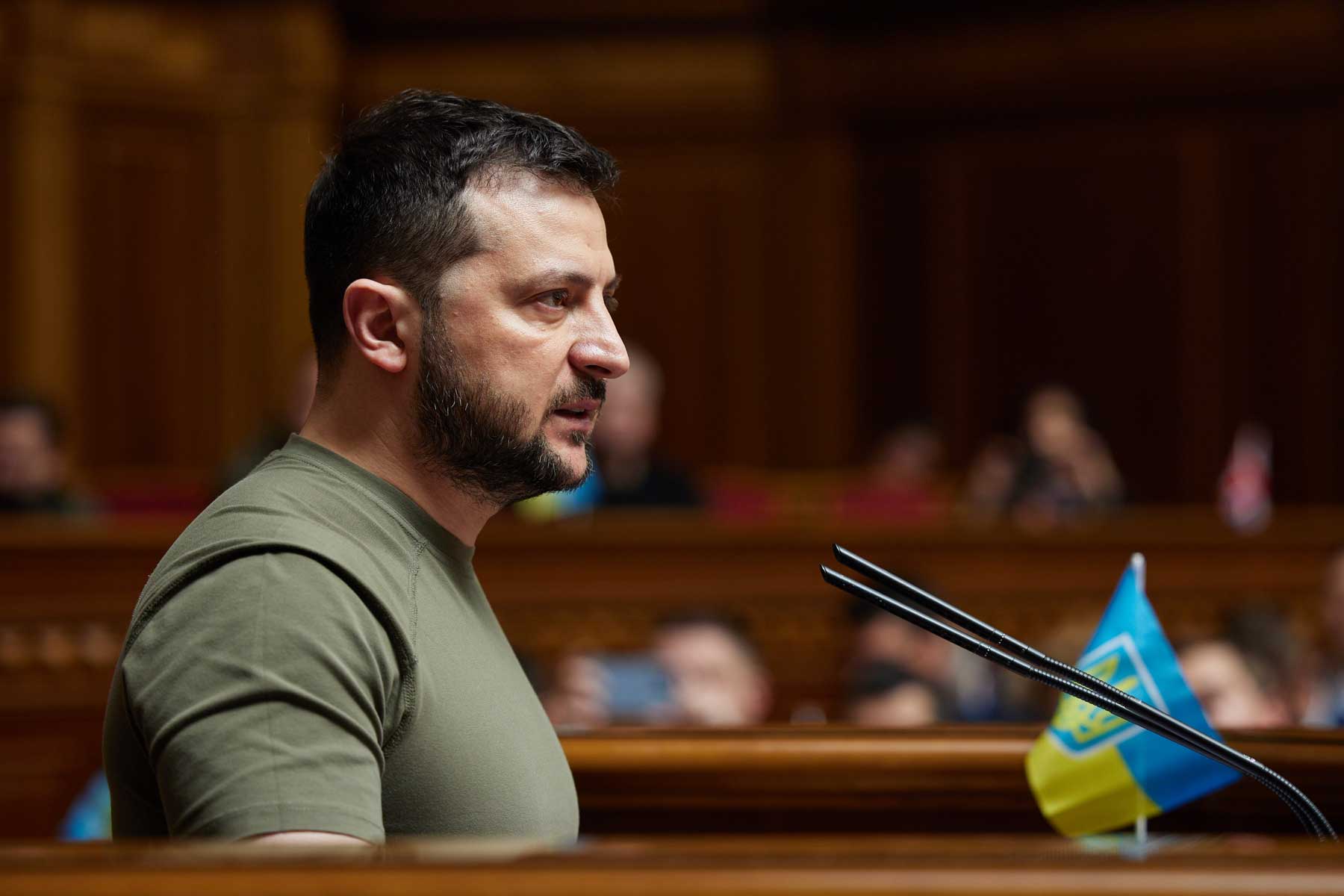Festivals are organized fantasy markets, every so often featuring great fantasies and great actors who “play” and sometimes move or even inspire us.
The rather humdrum opening of the 75th Cannes Film Festival, Tuesday night 17 May, with some 3500 people packed into the two main halls, The Lumiere and the satellite Debussy (for the press), set some sort of precedent by featuring a 10 -minute product reel of the great roles of Jury President Vincent Lindon. Lindon’s archetype is tres masculin, but in the spirit of the new masculinity, a fair number of the clips show Lindon crying.
To open, Cannes chose a celebration of filmmaking, Michel Hazanavicius’ Coupez (Final Cut in the US), a gosh-gee-willikers, French Ted Lasso like addition to Hazavanicius’ homage to filmmaking begun with the better The Artist in 2011, this one about the making of a zombie movie inside a zombie movie, inside a movie about making zombie movies. Do not forget the techies, who make the movies into movies, Hazanavicius means to remind the world, as we see just how it is a collection of invisibles and unknowns hiding below the cinema stair cases pitching buckets of blood into the air and blowing more through hoses into camera range.
But before we got to that, a great man – a truly great man– suddenly came up on screen. One who grew out of the TV screen Cannes has no use for to larger-than-life status.
Volodymir Zelensky, who came from entertainment, and unlike others who have followed that path to leadership, is not playing the part of a great leader. He is one. He is the wartime president of Ukraine in a battle that is unclear whether it has the dimensions of the Spanish Civil War, as some folks I know think, or a World War, as Europe and Washington fear. And there is no stop, no place, high, low or elsewhere, that Zelensky will not go to save Ukraine and to warn Europe and the West about the wolf at the door. Even knowing this, all 3500 inside the Palais, were caught off guard and gasped when his image suddenly materialized onscreen.
Zelensky always knows his audience. His remarks quoted from films which have played Cannes in past years, tailoring his speech to the fantasy community, the way he might talk to commodity brokers about the summer wheat of Ukraine.
Excerpts here from his speech, made in Ukrainian and simultaneously translated into French.
“The Great Dictator by Charlie Chaplin did not destroy the real dictator then. But thanks to it, cinematography ceased to be dumb. Dumb in every sense of the word. Cinematography spoke, and it was the voice of the future victory of freedom.
One can conquer people with the beautiful, gathering them near the screens, and not with the ugly, gathering them in bomb shelters.”
“…Again, as then, there is a dictator. Again, as then, there is a war for freedom. Again, as then, it is necessary for cinematography not to be dumb.”
Referencing Francis Ford Coppola’s Apocalypse Now:
“You smell that? Napalm, son. Nothing else in the world smells like that. I love the smell of napalm in the morning…”
Yes, it started in Ukraine in the morning.
Referencing Roman Polanski’s The Pianist:
“They all want to be better Nazis than Hitler…”
“You saw what the Russian military did in the small town of Bucha. You saw Mariupol. Saw Azovstal. Saw the theater blown up by a Russian bomb. By the way, it was similar to where you are now. Ordinary civilians were hiding there from the shelling. Two large and noticeable inscriptions “Children”. They were on the asphalt near the theater. And we will never forget it, because it is not even Hell.”
Referencing Robert Altman’s MASH:
“War isn’t Hell. War is war, and Hell is Hell. And of the two, war is a lot worse…”
Closing with Chaplin’s soliloquy in his The Great Dictator, Zelensky, said “Words should sound like in 1940. Sound from all screens of the free world. We need a new Chaplin, who will prove again that cinematography is no longer dumb. Remember how it sounded then?
“Greed has poisoned men’s souls, has barricaded the world with hate, has goose-stepped us into misery and bloodshed. We have developed speed, but we have shut ourselves in. Machinery that gives abundance has left us in want. Our knowledge has made us cynical. Our cleverness, hard and unkind. We think too much and feel too little. More than machinery we need humanity. More than cleverness we need kindness and gentleness… To those who can hear me, I say – do not despair… The hate of men will pass, and dictators die.”
By Harlan Jacobson
Cannes–May 18, 2022


